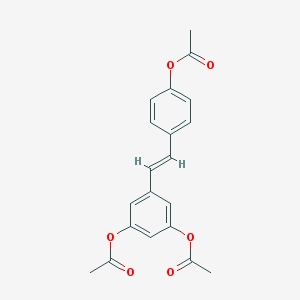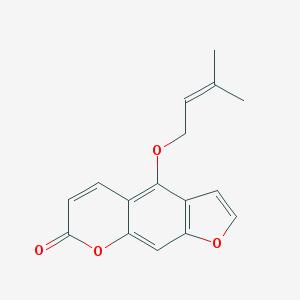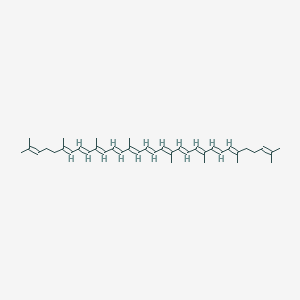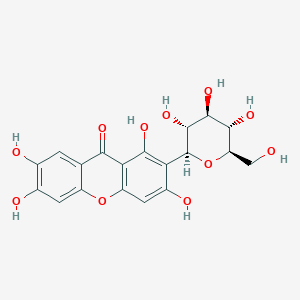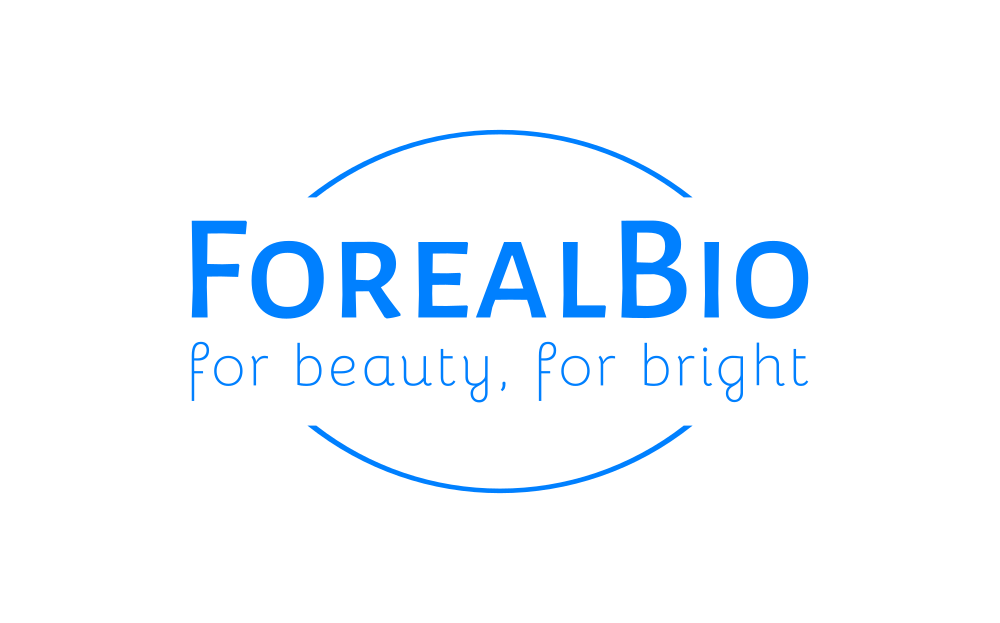Description
Acetyl-resveratrol is a derivative of resveratrol, which is a polyphenolic compound found in various plants, including grapes, berries, and peanuts. Resveratrol has gained considerable attention for its potential health benefits, particularly in the context of cardiovascular health, anti-aging, and anti-inflammatory effects.
When a resveratrol molecule is modified to include an acetyl group (a functional group derived from acetic acid), it becomes acetyl-resveratrol. This modification can potentially influence the compound’s bioavailability and metabolic stability, which can, in turn, affect its biological activity within the body.
Function:
The primary function of acetyl-resveratrol, like resveratrol, is to act as an antioxidant and anti-inflammatory agent. The acetyl group may enhance the compound’s ability to cross cell membranes and may protect it from rapid metabolism and excretion, which can make it more biologically available and active in the body than unmodified resveratrol.
Applications:
Acetyl-resveratrol may be used in various applications, most notably in the dietary supplement industry. Given its potential enhanced bioavailability, acetyl-resveratrol could be a preferred ingredient in supplements designed to provide the benefits associated with resveratrol. Here are some areas where it might be applied:
- Nutraceuticals: As a dietary supplement ingredient for its antioxidant properties and potential health benefits.
- Cosmeceuticals: In skin care products due to its anti-inflammatory and anti-aging effects.
- Pharmaceuticals: Research into acetyl-resveratrol might lead to the development of drugs aimed at diseases related to oxidative stress and inflammation.
Benefits:
The hypothesized benefits of acetyl-resveratrol draw largely from the known effects of resveratrol, although it’s important to note that these benefits may be enhanced due to the acetylation:
- Enhanced Bioavailability: The acetyl group may make resveratrol more bioavailable, meaning that its beneficial effects could be achieved with lower doses.
- Antioxidant Effects: It can help to neutralize free radicals and reduce oxidative stress, which is linked to various chronic diseases.
- Cardiovascular Health: It may contribute to heart health by improving the function of blood vessels, reducing inflammation, and preventing the oxidation of low-density lipoprotein (LDL) cholesterol.
- Anti-aging Potential: By activating certain genes and enzymes, acetyl-resveratrol might slow down cellular aging processes.
- Neuroprotective Effects: There is some evidence to suggest that resveratrol and its derivatives may offer protection against neurodegenerative diseases like Alzheimer’s.
- Anti-inflammatory: It may inhibit inflammation in the body, which is a common pathway for many chronic diseases.
- Cancer Research: Studies have investigated resveratrol’s role in cancer prevention and treatment; acetyl-resveratrol may also possess such properties.

